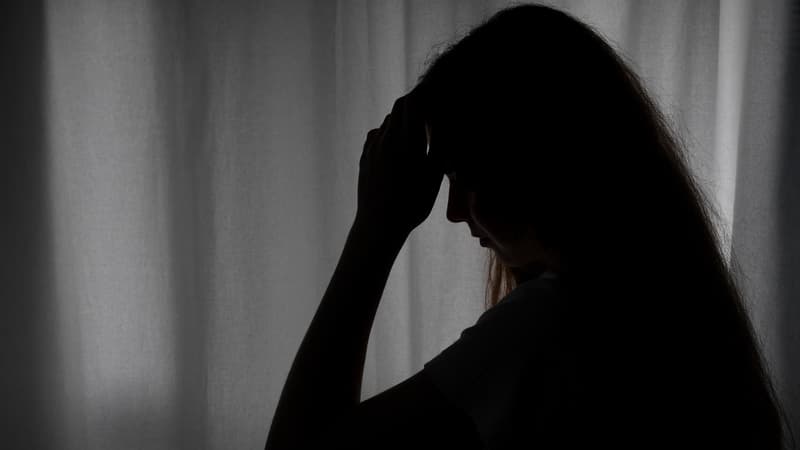“The psychological discomfort suffered by a growing minority of children and adolescents has been aggravated by the health crisis,” warns the Department of Research, Studies, Evaluation and Statistics (Drees) in a new study published this Tuesday and carried out from of the third part of the Epidemiology and Living Conditions Survey linked to Covid-19.
This survey (EpiCov) collected responses to the Child Psychosocial Strengths and Weaknesses Parent Questionnaire from 20,127 adult parents living with at least one child ages 3 to 17 years.
“Considering the children who consulted and those whose need for consultation was felt by the parent, 15% of the girls and boys would have needed care for a psychological reason between March 2020 and July 2021,” writes the Drees.
Social inequalities
A study period that corresponds to the months after the first confinement to fight the Covid-19 epidemic.
“The main factor associated with the child’s psychosocial difficulties is the mental health of the responding parent,” Drees explains. “A high time spent on screens and a low time dedicated to reading and physical activity are elements associated with these difficulties.”
The survey highlights significant inequalities, whether based on the child’s gender or social background.
“With an equivalent need for care, the children of the 20% of the richest households seek care more than those of the 20% of the least favored, especially in the case of psychologists”, emphasizes Drees.
Furthermore, the vulnerability of adolescent girls and young women to anxiety-depressive disorders appears to be increasing. Between the ages of 15 and 17, 13% of girls have a high score in emotional difficulties (versus 7% of boys).
Probable mental health problem for 13% of children aged 6-11
Another study published by Public Health France on Tuesday, “Enabee”, and carried out in mainland France from May 2 to July 31, 2022 using specific questionnaires with more than 15,000 children and teachers in almost 400 schools, as well as 10,000 parents, shows that 13% of children between the ages of 6 and 11 have at least one probable mental health problem.
This is a prevalence rate of the same order as those observed in other European countries in the same age group, notes AFP. Probable emotional disorders are more frequent in girls, behavioral disorders more frequent in boys.
The data does not highlight differences according to school level and school sector (public schools outside the priority educational networks (REP) and private schools versus REP or REP+ public schools).
Source: BFM TV


